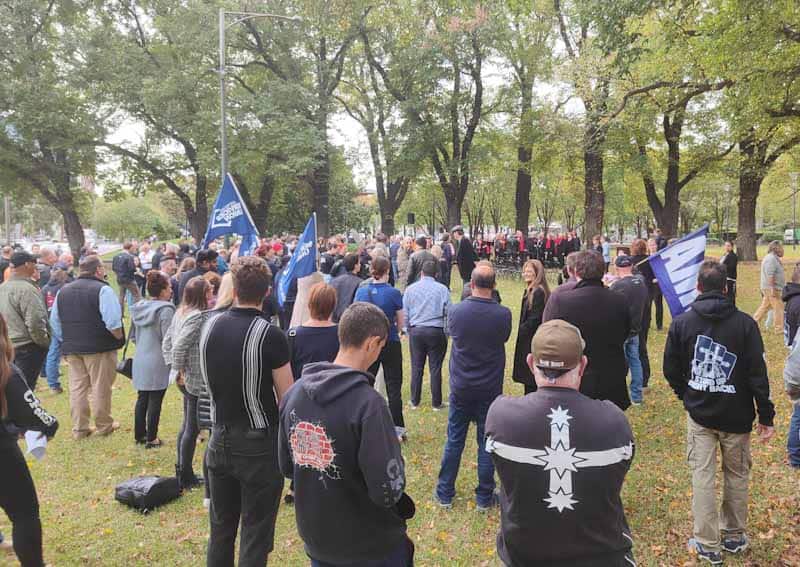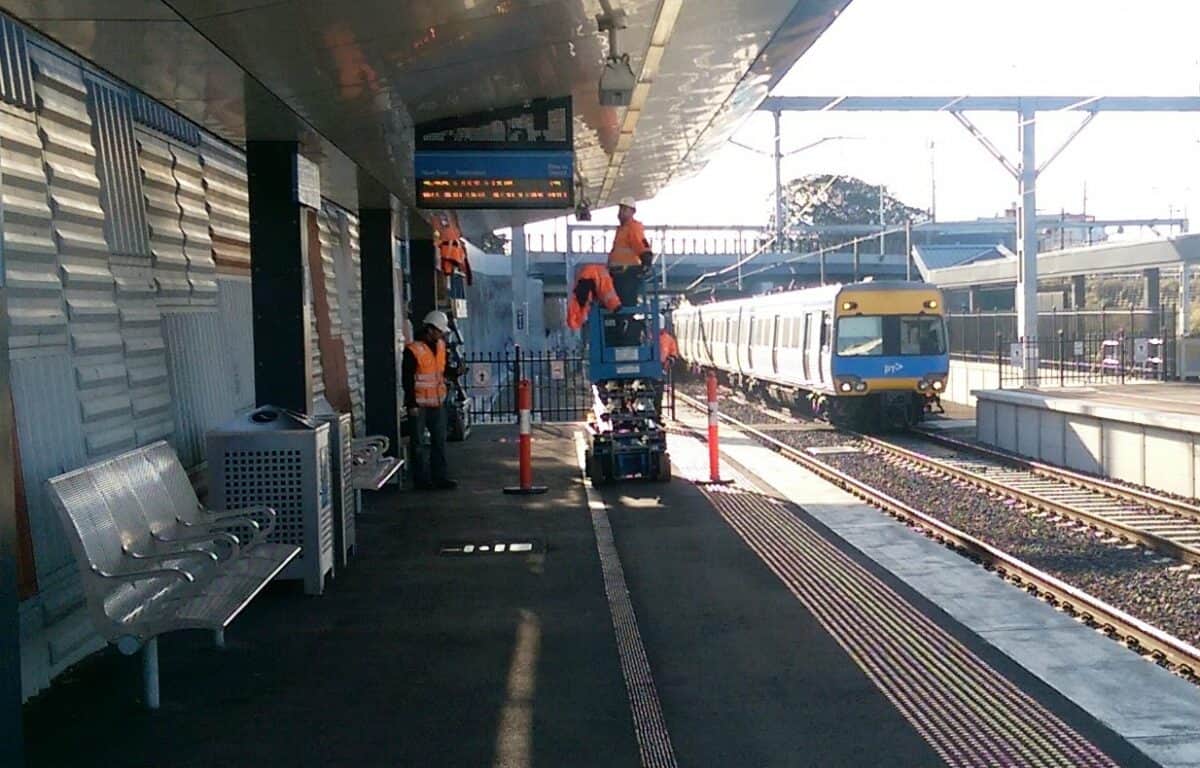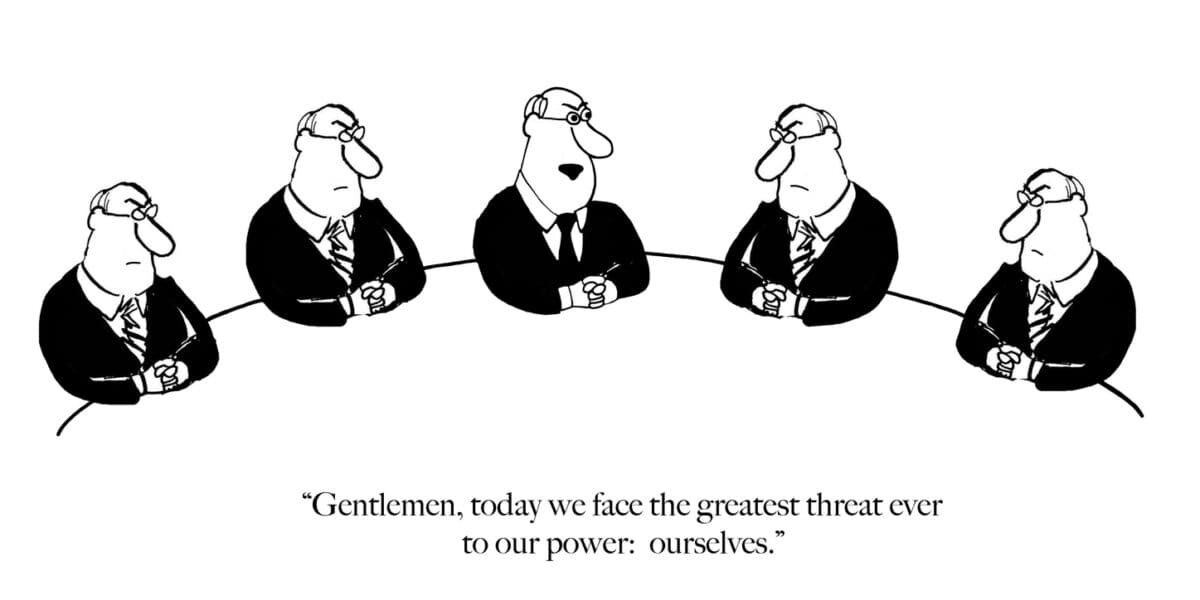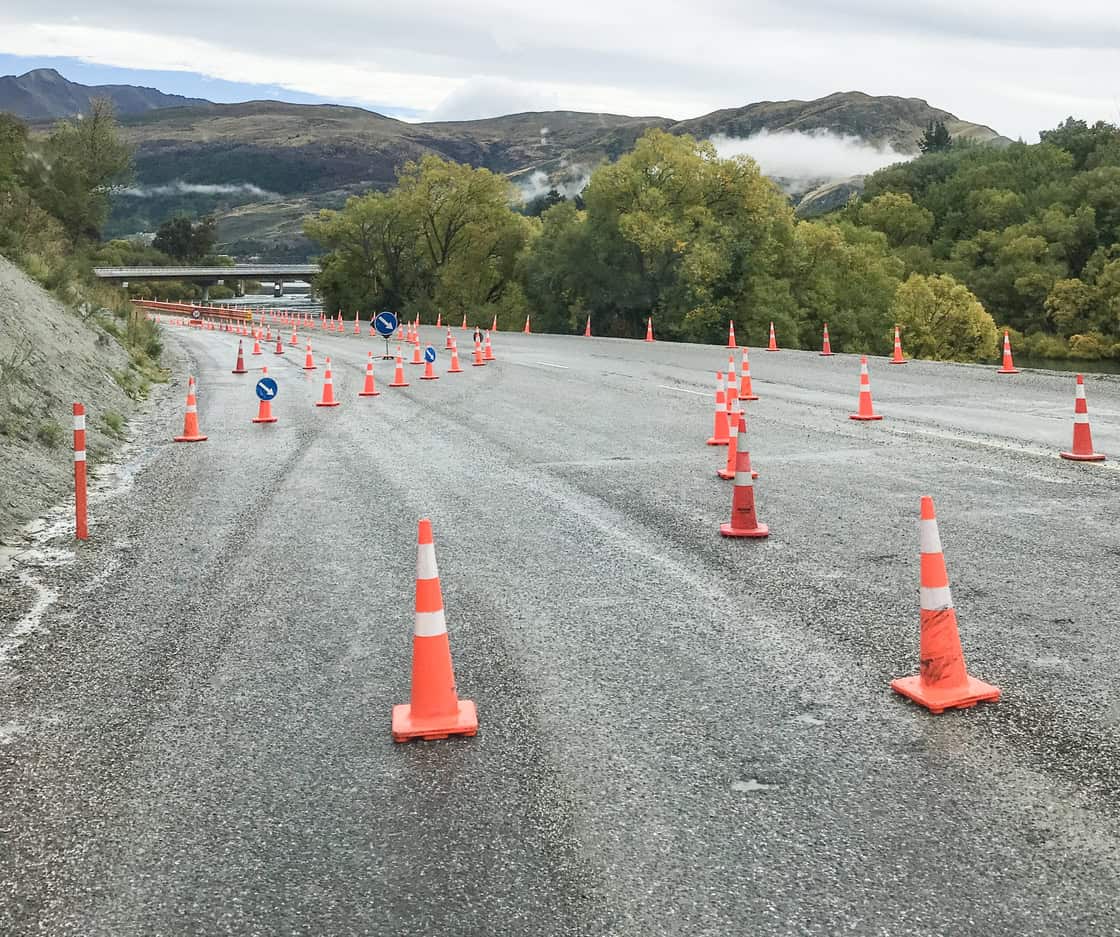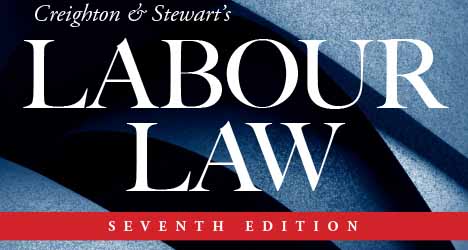International Worker Memorial Day (IWMD) events are usually moving and solemn occasions. Today’s event in Melbourne, Victoria, was a good example, but something was missing, especially given the calibre of dignitaries who were present. (A list of most of them is below)
Victorian Trades Hall Council secretary Luke Hilakari was on message as the first formal speaker. He was the only speaker who addressed the IWMD theme – The role of AI and digitalisation at work. He was followed by Premier Jacinta Allan, Melbourne Lord Mayor, Nick Reece, Acting CEO of WorkSafe Victoria, and Ash West. The Premier’s attendance was notable as I cannot remember the last time a Premier attended or spoke at this type of event.

